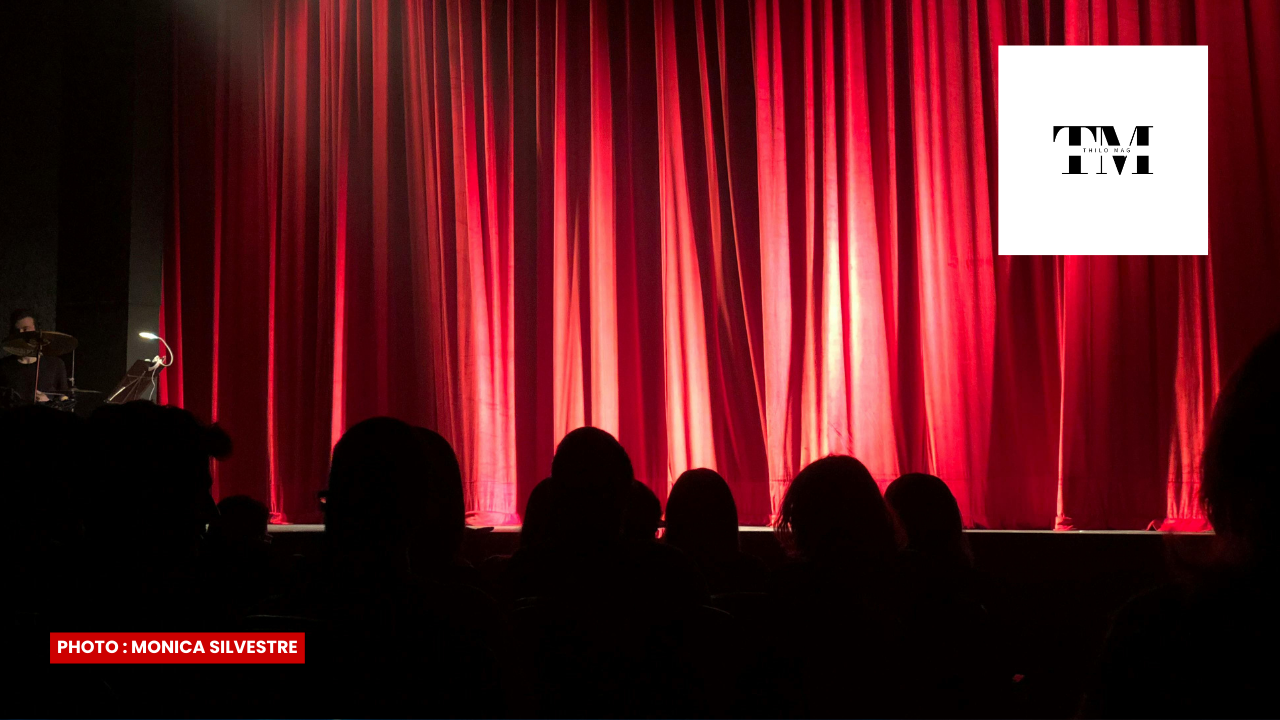The Underground Comedy Scene in the Middle East
By Thilohub Features Team

Comedians in Egypt, Jordan, and Lebanon using humor to challenge norms — often anonymously
In the dimly lit backrooms of cafés in Beirut, modest theaters in Amman, and tucked-away cultural spaces in Cairo, a quiet revolution is unfolding — one fueled not by protest, but by punchlines. The underground comedy scene in the Middle East is more than just laughter; it's an act of defiance, a tool of resilience, and for some, a lifeline.

Lebanon: Satire as Resistance
Beirut, often dubbed the cultural capital of the Arab world, is at the forefront of this comedic uprising. The city’s underground comedy venues serve as sanctuaries where performers dissect politics, religion, and sexuality — topics often considered off-limits in mainstream media.
One of the scene’s most audacious voices is Shaden Fakih, a queer feminist comedian whose routines pull no punches. From jokes about LGBTQ+ identity to critiques of patriarchal norms, Fakih represents a generation unwilling to be silenced. However, the risks are real. In 2022, she was summoned by authorities after a comedic sketch involving a prank call to the Internal Security Forces went viral. Though intended as satire, it triggered accusations of insulting state institutions.
“Comedy is how we survive,” says Nour Hajjar, another Lebanese comedian. “We joke about our trauma because we have no other outlet. It’s our therapy, and sometimes, our rebellion.”
Open mic nights like "Maw2af 3moumé" at Zico House offer a space for new voices to emerge — many of whom hide behind stage names or don masks to protect their identities.
Jordan: Laughter in the Face of Limits
In Jordan, where public dissent is rare and economic struggles dominate daily life, comedy is becoming a surprising cultural force. The Amman Comedy Club (ACC), founded in 2019, is at the heart of this movement.
Run by Moeen Masoud and Yazan Abu al-Rous, the club offers free workshops and mentorship to anyone interested in stand-up — including students, taxi drivers, and homemakers. Graduates of the program have gone on to perform in Arabic and English across the region, often incorporating bold, observational humor about gender roles, tribal traditions, and bureaucracy.
Despite strict laws surrounding speech and criticism of the monarchy, the ACC carefully balances wit with caution. "We want people to laugh, but we also want to stay out of jail," jokes Masoud, half-seriously.
Many comedians opt for “implied critique” — using metaphors, sarcasm, and coded language to speak truth to power while avoiding direct confrontation. It’s a delicate dance, but one that Jordanian comedians are mastering with skill and creativity.
Egypt: The Price of Satirical Stardom
No discussion of Middle Eastern satire is complete without mentioning Bassem Youssef, the Egyptian heart surgeon-turned-comedian whose show "Al-Bernameg" drew millions during and after the 2011 revolution. With a format modeled on The Daily Show, Youssef became a national phenomenon — and then, a target.
His biting critiques of post-revolutionary governments earned him lawsuits, threats, and eventually exile. His story illustrates both the power and peril of political comedy in Egypt.
Today, Egypt’s comedy scene has fractured into online spaces, with many comedians choosing to post anonymously on TikTok, Instagram, and YouTube. “The street has ears,” says one Cairo- based comic who prefers not to be named. “It’s safer to be a meme than a man on a stage.”
Still, satire remains alive in Egypt — just hidden in plain sight.

Anonymous Laughter: Risks and Rewards
What unites these disparate scenes is the dual-edged nature of underground comedy: it is empowering and dangerous, liberating and volatile. In all three countries, comedians risk everything — from social ostracism to imprisonment — just to make people laugh.
Why take the risk?
“Because silence is heavier than fear,” says Dana*, a Jordanian comedian who performs under a pseudonym. “When people laugh at the things that hurt us most, they take back a little bit of power.”
For women and LGBTQ+ comedians, the stage offers rare visibility. For others, it’s about rehumanizing the Arab world through humor — breaking stereotypes, mocking hypocrisy, and pushing for dialogue.
The Future of Funny in Tight Spaces
As technology evolves and restrictions tighten, the underground comedy scene in the Middle East is also shifting. Private WhatsApp shows, underground Zoom comedy nights, and crypto- funded satirical media platforms are emerging as the new frontier.
Will humor change the world? Maybe not. But in the Middle East, it’s already changing how people cope, connect, and challenge the status quo.

